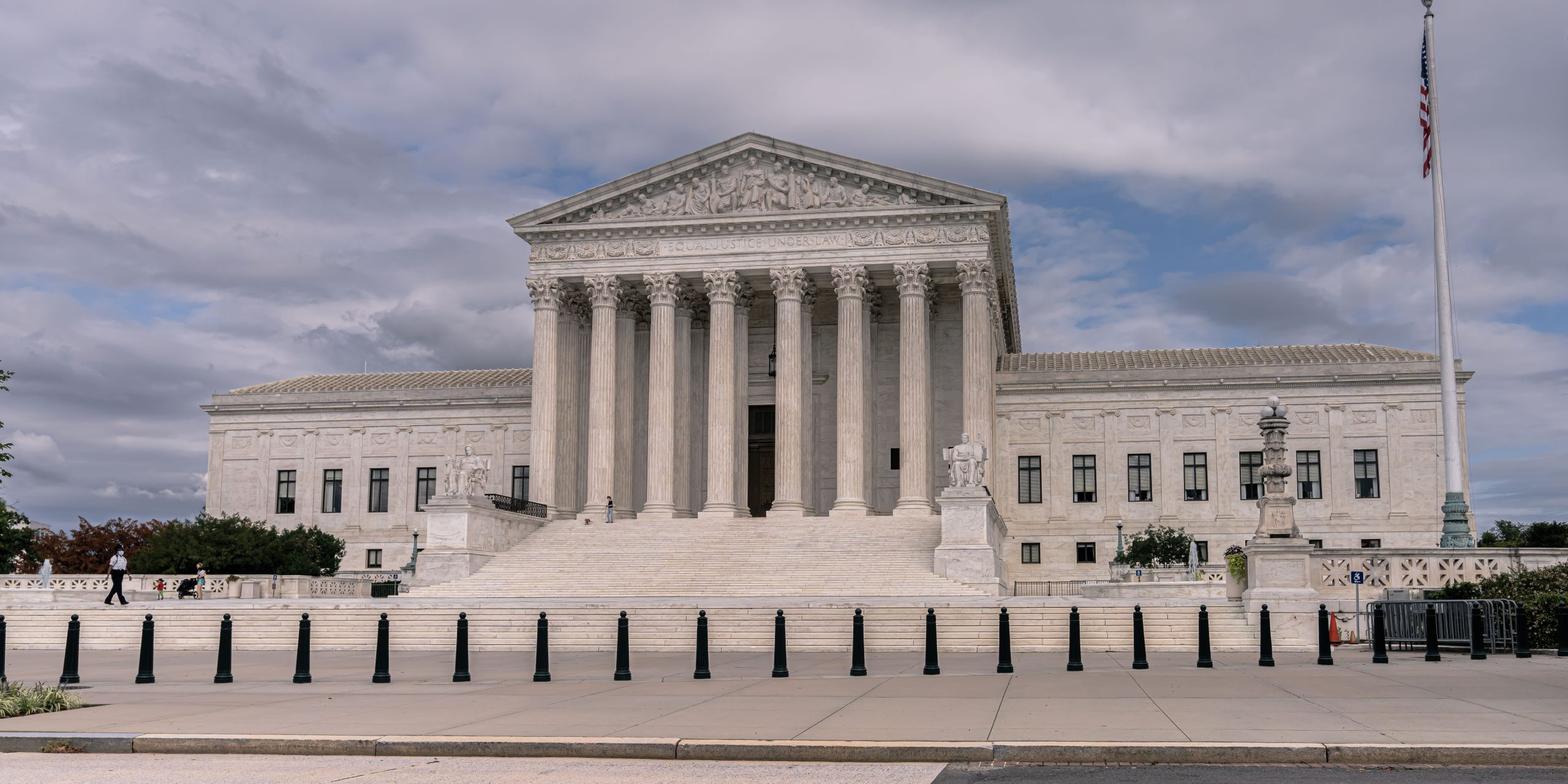Supreme Court Decision: IRS Can Summon Bank Records Without Third-Party Notifications

In the recent Polselli v. Internal Revenue Service case, the Supreme Court declared that the IRS is not required to notify third parties when summoning banking records in tax collection scenarios.
The case revolves around taxpayer Remo Polselli, who accumulated over $2 million in federal tax debt over several years. The IRS proceeded with collection efforts and obtained an order compelling Polselli to submit particular financial and business documents. Moreover, administrative summonses were served to banks where accounts were held by Polselli’s wife, Hanna Karcho Polselli, and his legal counsel.
Such summonses typically demand specific information—in this case, financial records. The IRS’ motive was to obtain information that might assist them in collecting the tax debt Polselli was already deemed to owe.
Notably, the IRS did not inform Polselli’s wife or his lawyers about the summonses issued to the banks. It leaned on the exclusion clause in section 7609(c)(2)(D)(i) of the Tax Code, which allows for skipping notice in summonses issued “in aid of the collection” of tax assessments.
The case put a spotlight on whether the statutory exception to the notice requirement applies solely when a taxpayer has a legal interest in the accounts or records summoned by the IRS. In response, the Court concluded that “The notice exception does not contain such a limitation.”
The statute (section 7609) lists three conditions under which the IRS can be exempted from giving notice:
- A summons must be “issued in aid of . . . collection.”
- A summons must assist the collection of “an assessment made or judgment rendered.”
- A summons must facilitate the collection of assessments or judgments “against the person with respect to whose liability the summons is issued.”
The Court declared that none of the above components for dismissing notice in §7609(c)(2)(D)(i) require the taxpayer to hold a legal interest in the records sought by the IRS.
However, the Court clarified that its decision does not discount concerns about the broad scope of the IRS’s authority to issue summonses. They acknowledged privacy considerations and emphasized that the IRS’s authority to issue summonses “in aid of the collection” is not unlimited.
Despite this decision, the Supreme Court did not define the exact boundaries of the phrase “in aid of the collection.” Nevertheless, the Court decisively answered the question at hand: the notice exception does not necessitate that a taxpayer maintain a legal interest in records summoned by the IRS. The answer, they concluded, is no.
Chief Justice Roberts delivered the unanimous opinion of the Court, and Justice Jackson filed a concurring opinion, joined by Justice Gorsuch.
For more information, please reach out to our office at (207) 901-1000 or www.proponotaxresolution.com.

